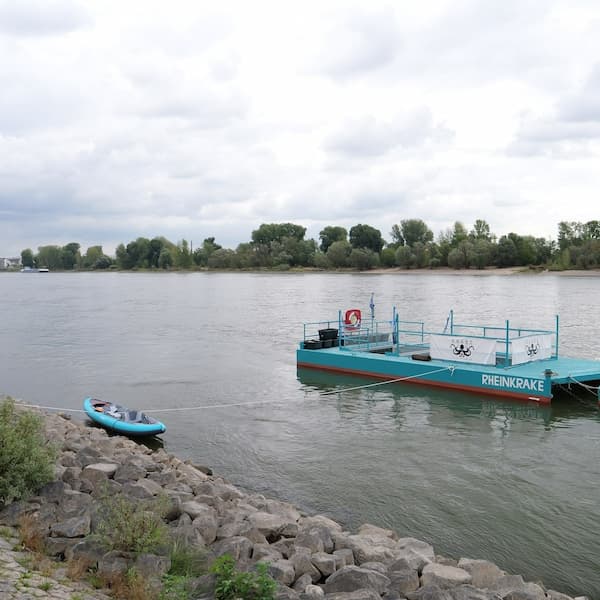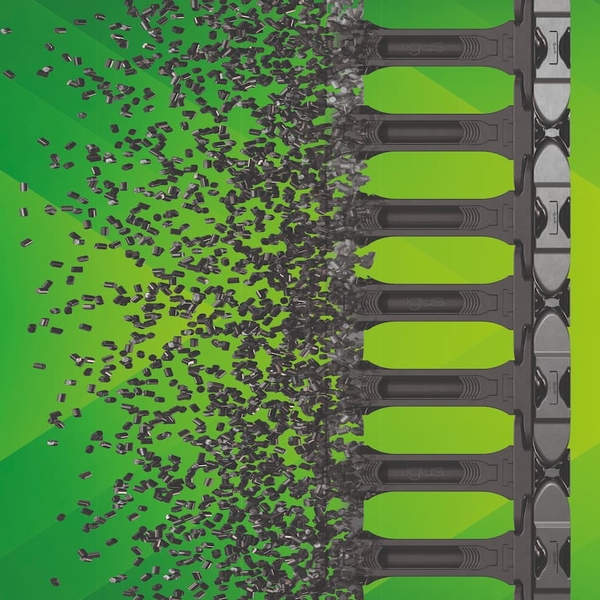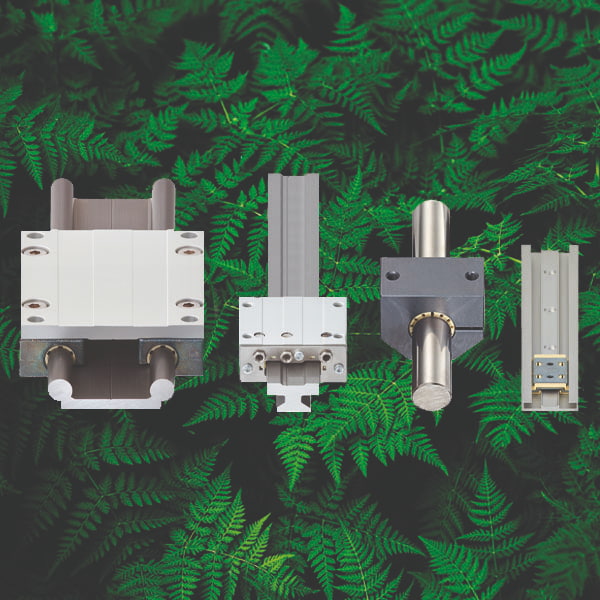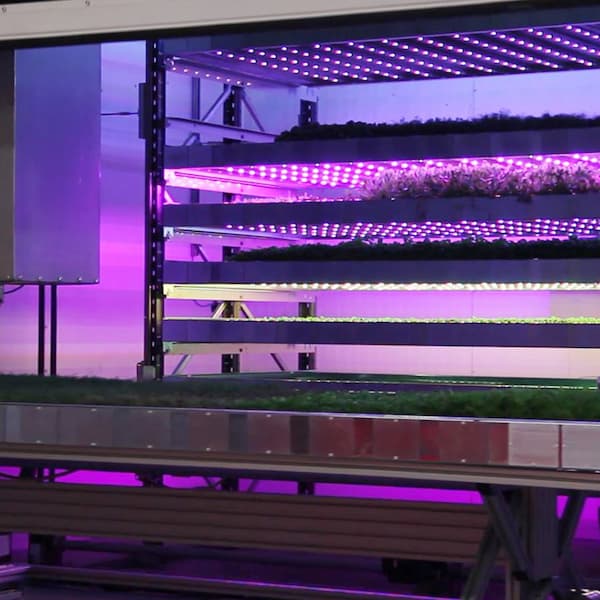What is wastewater management ?
Reports of rubbish floating in our seas and rivers is being broadcast far too often nowadays, this is not only a problem in the UK, but a worldwide issue. Wastewater management is now a key area for companies and countries to focus on before it is too late.
This blog will focus on a global issue which is being highlighted by a new project in Cologne, the innovative programme “Rhine Octopus”. To understand this, we need to delve into what wastewater management is.
So, what is wastewater management? This is a vital approach for us as a collective to help protect water and its resources. There are three stages to the approach: collection, treatment and reuse. This process allows contamination to be removed from the water and converted into outflowing water that is clean enough to be returned back into the water cycle. A water version of the circular economy.
How is igus® helping with wastewater management in rivers?
Rhine Octopus

How is wastewater management tied up into “Rhine Octopus”?
Every day, over a tonne of rubbish flows down the river Rhine! Over a tonne! So, in collaboration with the Krake Association, igus® has sponsored the “Rhine Octopus” programme. Together they have inaugurated a floating garbage trap to intercept part of this huge rubbish problem.
The Cologne club Krake, declared war on the rubbish problem and has managed to recruit around 300 members into the association, the so-called Kraklinge. This group of volunteers meet regularly to collect waste and have already collected 8.7 tonnes of floating waste this year. Not only that, they recently retrieved 20 e-scooters from the river! And the plan is that in the future it could be even more.
This week, the association put the Rhine Octopus into operation – a floating rubbish trap based on the British model that extracts waste from the river around the clock.
The Rhine Octopus is anchored on the left bank of the Rhine, north of the Cologne Zoo Bridge. Due to the bending of the Rhine, the current here is particularly favourable to absorb as much waste as possible. The floating rubbish trap has succeeded in capturing it with a catch basket that is attached between two floats and is open against the direction of flow. The basket is designed in such a way that it captures plastic floating on the surface of the water – but does not become a danger to fish and birds which was vitally important for conservation.
Once a week, the association empties the Rhine Octopus, records the rubbish gathered on land and evaluates it scientifically in co-operation with the University of Bonn. With the findings, the environmentalists want to carry out a long-term study on plastic waste in the Rhine.
Into a circular economy
Promoting a circular economy for plastics is one of igus®’ declared goals, you can read more about our sustainability processes here. For over 50 years, we have been regranulating 99 per cent of the plastic waste generated in production and this year we released the first products that were made from up to 100 per cent recycled material.
Also new and well documented is the igus:bike. This is an all-plastic bicycle that is completely lubrication-free and rust-free and whose frames and wheels can also be made from waste plastic. By using waste materials, the bike is a fantastic example of the circular economy. It is also no secret that a few years ago, we invested in the recycling pioneer Mura Technology, which uses a novel technology to turn plastic waste into usable crude oil again. Plastic thus becomes a sustainable and reusable resource. The first factory is currently under construction in Teesside, England, and is scheduled to start operations in early 2023.
We need more of these initiatives. We need more people to think of innovations that can reduce waste or help clear up the mess that we are creating. With wastewater management and programmes like the “Rhine Octopus” we can really start to make a difference.
For more blogs relating to sustainability, click here.



